A celebrated Palestinian author who was freed last month after more than 32 years in Israeli prisons has said the use of torture increased dramatically during his last two years of captivity as Israel came to treat its jails as another front in the Gaza war.
Nasser Abu Srour, whose prison memoir has been translated into seven languages and is tipped to win a major international literary prize this month, was among more than 150 Palestinians serving life sentences who were freed as part of the US-brokered Gaza ceasefire and then immediately exile to Egypt, where most remain in limbo.
Abu Srour, 56, recounted a sharp increase in the use of beatings and the deprivation of food and warmth after the outbreak of the Gaza war in October 2023.
“The prison guards uniform changed, with a tag on the chest written on it the word ‘fighters’, or ‘warriors’, and they started acting like they were in a war and this was another front, and they started beating, torturing, killing like warriors,” he said.
A UN commission listed 75 deaths of Palestinians in Israeli custody between 7 October 2023 and 31 August 2025. The Israeli prison service has repeatedly denied the use of torture in its jails.
Speaking by phone from Egypt, Abu Srour also described the “dizzying shock” of being driven straight from the brutal conditions of Israeli incarceration to a five-star hotel in Cairo as guests of the Egyptian authorities.
As a young man, Abu Srour took part in the first intifada, the Palestinian uprising between 1987 and 1993, when he was charged as an accomplice in the death of an Israeli Shin Bet security police officer who had been trying to press Abu Srour’s cousin into becoming a collaborator.
On the basis of a confession he made under torture, Abu Srour was sentenced in 1993 to life in prison without parole. During decades marked by extended periods of solitary confinement, he gained a bachelor’s degree and then a master’s in political science and began to publish poetry and other writings that were smuggled out of prison.
His prison memoir, The Tale of a Wall: Reflections on Hope and Freedom, was mostly dictated in phone conversations with a relative over more than two years. It has been translated from Arabic for publication in seven languages and is a finalist for the Arab literature prize awarded each year by the Institute of the Arab World in Paris.
Appeals for his release went unheeded over the decades, so when officials came to the prison after the 10 October ceasefire with a list of prisoners to be freed, Abu Srour tried to ignore them.
“They were calling out cell numbers and I was sitting on my bed in room No 6 feeling like I am not part of it,” he said. “There were so many times when I should have been part of it over all those years. But the whole thing is so huge and so painful, I didn’t want to interact. It was a defence mechanism. I was saying it has nothing to do with me.
“But then they came to my cell and they said: ‘Nasser, prepare yourself.’ God’s grace finally reached me. My friends were hugging and kissing me and I was in disbelief.”
Abu Srour said that after the outbreak of the Gaza war, triggered by the Hamas attack on Israel on 7 October 2023, the treatment of long-term Palestinian prisoners in Israeli jails worsened significantly.
“Any place where there are no cameras was a place for brutality,” he said. “They would tie our hands behind our heads and throw us on the floor and then they would start trampling on us with their feet.”
Israel’s national security minister, Itamar Ben-Gvir, has boasted that under his control Israeli prisons are no longer “holiday camps”. Abu Srour said all reading and writing materials were withdrawn under the regime.
“All cultural life in the prison ended in the last two years, so there was only biological life. Everyone tried to survive in their own way. And we were always hungry,” he said. Daily rations were maintained at the level of bare survival and he said he lost 12kg in weight.
Prisoners were allowed only one set of thin clothes, so they were always cold on winter nights. “Our bodies were weak. We couldn’t handle even a medium temperature,” he said. “Whenever someone was leaving prison, everyone would try to become their friends so they would get their T-shirt or underwear, or anything.”
Abu Srour said that in the 24 hours before the prisoners to be freed under the ceasefire were named and boarded buses to leave, they were subjected to a particularly intense final round of beatings.
On the 48-hour journey that followed, they were not allowed to open the curtains on the buses that crossed Israel and then drove along the southern edge of Gaza to the Rafah crossing with Egypt. It was only after entering Egypt that he saw the sky for the first time outside prison confines.
The buses deposited the 154 freed prisoners at a luxury Cairo hotel, which brought shocks of its own. “I’d never been to a hotel before. I did everything for the first time like a child, to get in and out of a lift, to learn about room service, how to perceive or use a shower,” Abu Srour said.
Part of the shock was meeting four of his sisters and a brother for the first time in decades. “This was another reason for stress for me … We’ve been apart for like 33 years. It felt cruel because it had been denied for so long,” he said. He remembers thinking: “Is it OK to hug them?”
The freed prisoners were watched by Egyptian security officials as they mingled with tourists, and took their cues from them on how to act.
“In the morning we saw the buffet and we saw all that food. So the guys all put 2kg of food on their plate. It was a surreal scene. We were embarrassed. We did not know what to do with our knife and fork,” Abu Srour said. “All my feelings were mixed and tense. I was embarrassed. I am at a loss with my language, unable to give meanings for things around me.”
On Saturday, after the Daily Mail published a story revealing the presence of freed Palestinian prisoners among western tourists in what it called the “Hotel Hamas”, the group were given two hours to pack their things before being bussed to another hotel in the desert, an hour’s drive from the capital.
That abrupt move, of being ordered on to buses to be taken to an unknown location chosen by others, was a reminder for Abu Srour that they were not yet free.
He has been offered several options of third countries willing to accept him on a longer-term basis and is trying to decide where to go on the grounds of accessibility for his family, and whether he will be able to continue writing.
“I don’t want a comfortable country,” he said. “I don’t want a country without questions or a country without a cause.”

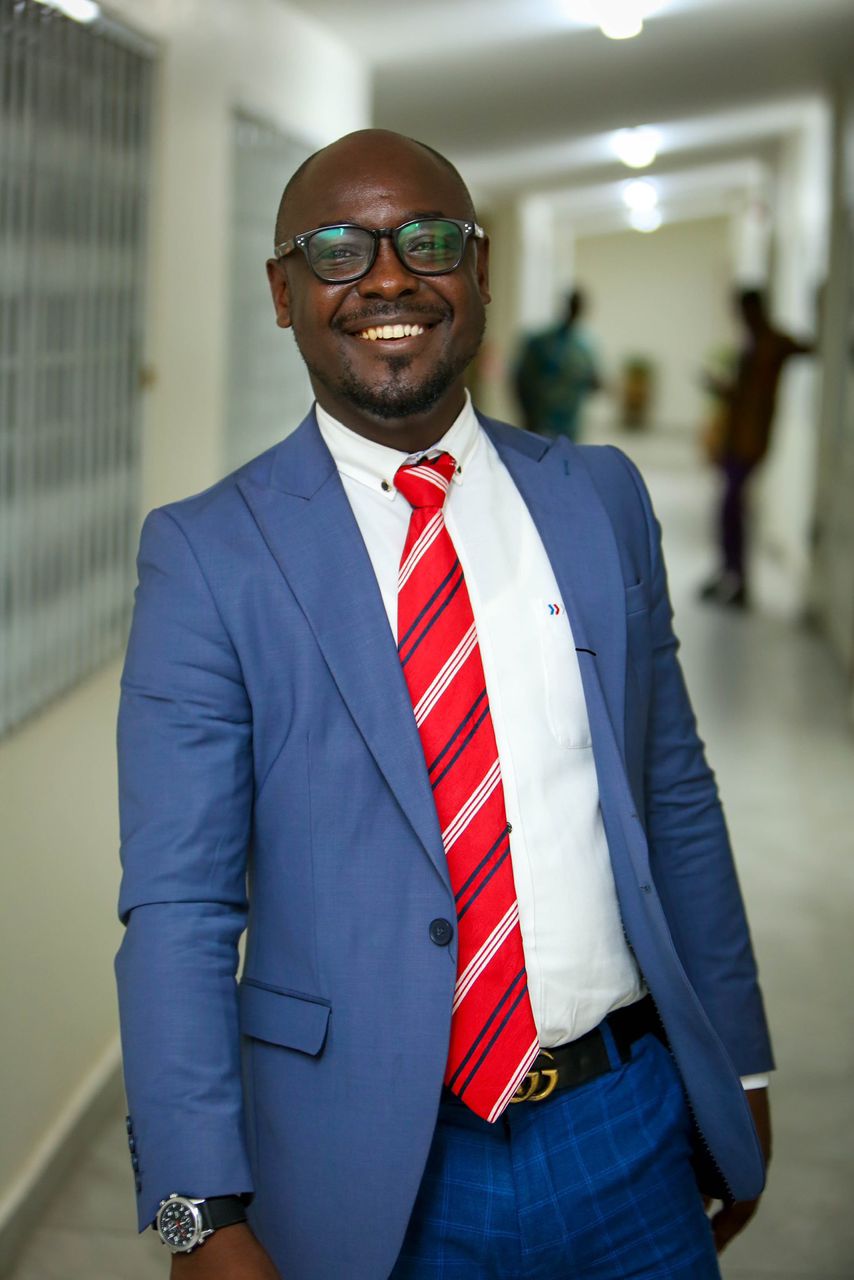

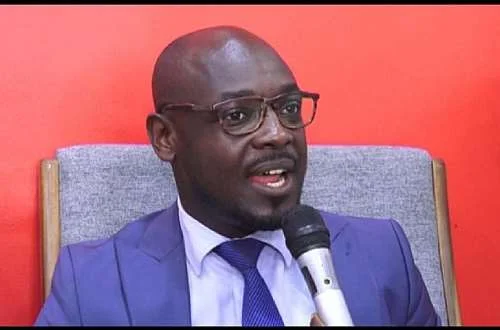

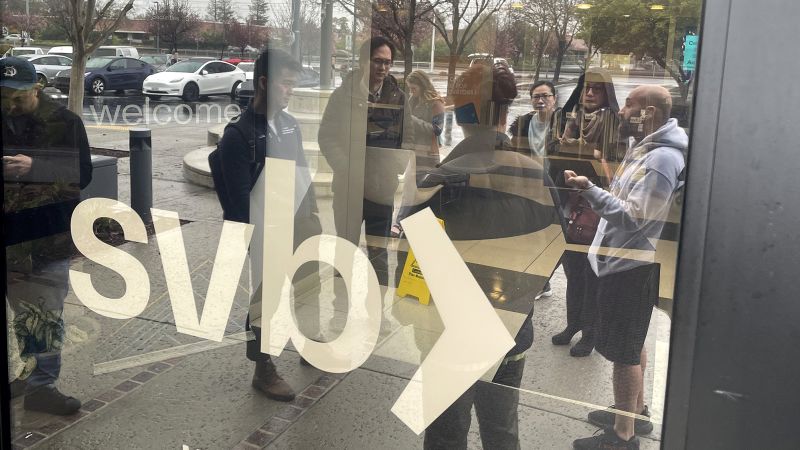

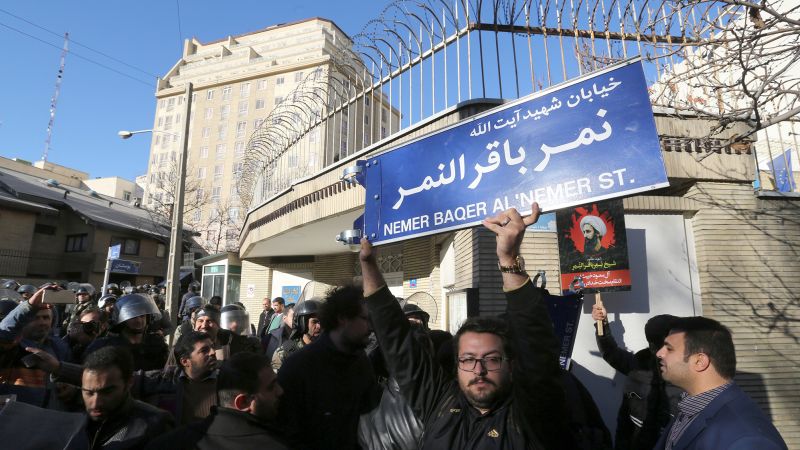
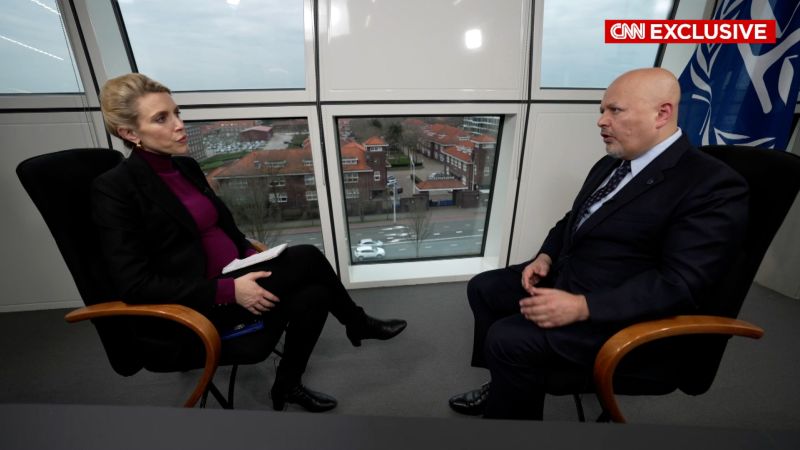
 English (US)
English (US)